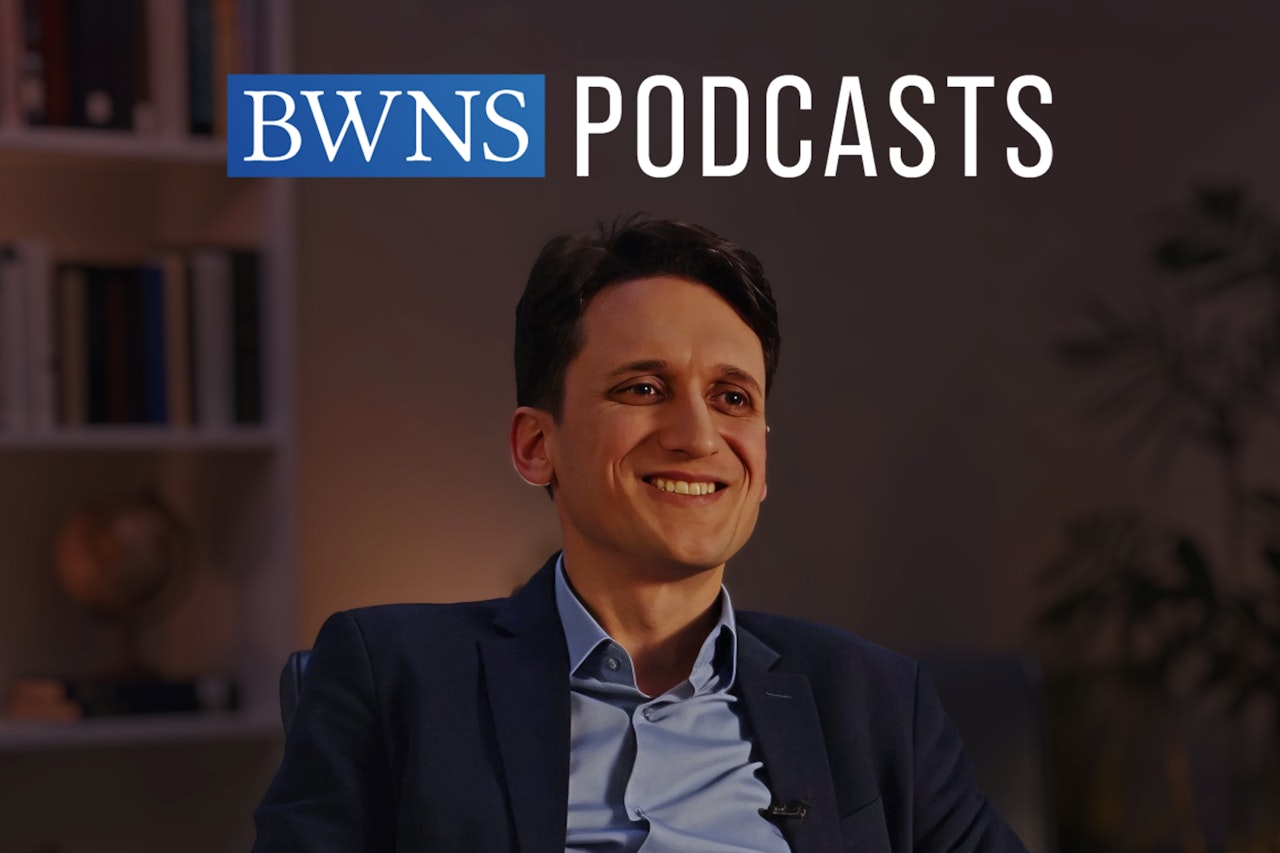
Insightsfrom the Field
Canadian youth re-envision life’s purpose
New podcast explores how Bahá’í moral educational programs in Canada help youth place service at the center of their lives as they navigate contemporary life.

New podcast explores how Bahá’í moral educational programs in Canada help youth place service at the center of their lives as they navigate contemporary life.
BAHÁ’Í WORLD CENTRE — In a recent podcast episode from the News Service, Ilya Shodjaee-Zrudlo from Canada explores how Bahá’í moral and spiritual education programs in that country are inspiring young people to see their lives through a new lens—one where service to humanity becomes the central organizing principle that brings coherence to all aspects of life.
Dr. Shodjaee-Zrudlo, draws on experiences as a collaborator of Bahá’í training institutes in Montreal and as a member of Wordswell Association for Community Learning—a Bahá’í-inspired organization in Canada that empowers youth to develop their academic, intellectual, and moral capacities while contributing meaningfully to community transformation.
“The programs of the training institute largely revolve around moral education with the aim of spiritual empowerment,” says Dr. Shodjaee-Zrudlo. He explains that these programs bring together “people of all ages in small groups to study principles from the Bahá’í teachings, such as the equality of men and women, consultation, universal participation, education, …applying them to the betterment of their immediate surroundings.
“Very central… is this concept of service,” he continues, “and it is tied to the purpose of our lives. … Through service, we are able to achieve both intellectual and spiritual growth while contributing to the betterment of society.”
This understanding is helping youth navigate their lives as they face the diverse demands of contemporary life. “With all that complexity, sometimes their life can be a bit fragmented,” he observes.
Dr. Shodjaee-Zrudlo describes the thought process that emerges when young people begin to see service as central to their identity. “Trying to serve my family will be a way of also ensuring that I do well in school. And if I do well in school, I can better contribute to my family and I can serve better,” he explains. “Some young people realize that these different dimensions should not be placed in opposition to one another.”
This integrated perspective extends beyond personal development to how youth view their communities. The educational process helps participants reimagine their neighborhoods through an eye of possibility.
He adds: “Sometimes they think of their community as a place that ‘I have to get out of.’ But developing a vision of your community which is spiritually and materially prosperous... stimulates a different perspective and helps them see that it is worth it to try to really see what ‘I can do.’”
Dr. Shodjaee-Zrudlo notes that this service-oriented perspective often influences career choices. Many youth recognize specific needs in their communities and shape their educational and professional paths accordingly, such as pursuing teaching mathematics when they observe that many young people struggle with the subject.
“We are seeing this growing movement of young people who are really trying to center service in their lives and make all the decisions related to their lives around this theme,” he says.
Looking at developments across Canada, Dr. Shodjaee-Zrudlo says that a broader pattern emerges. “We see an environment where young people really rise to the occasion and dedicate a great deal of time and effort to the betterment of their communities, and whole families really contributing. In that pattern you see glimpses really of what our future communities could look like,” he says.
The podcast episode is part of the “Insights from the Field” series, which provides firsthand accounts that narrate specific Bahá’í efforts in the field of action.